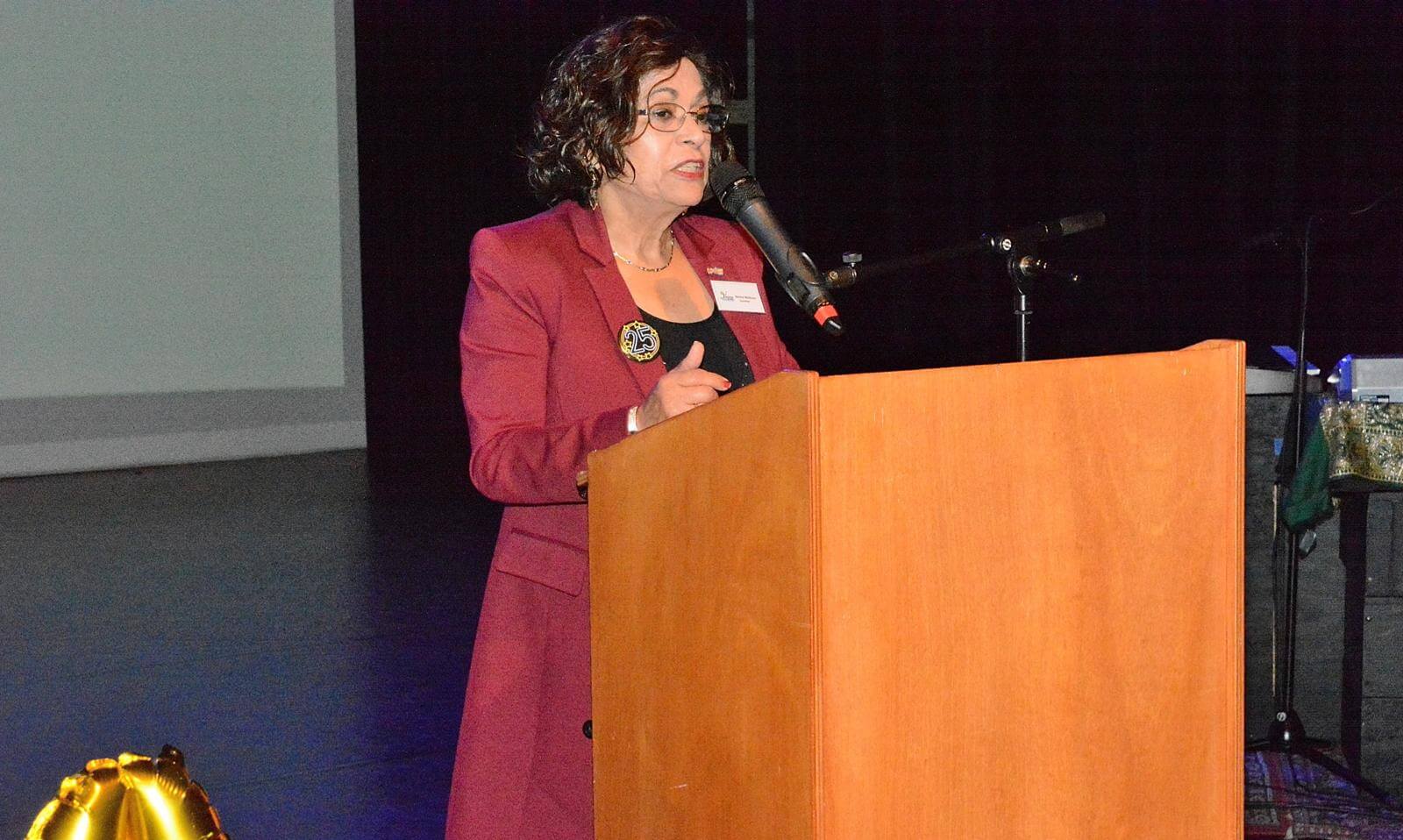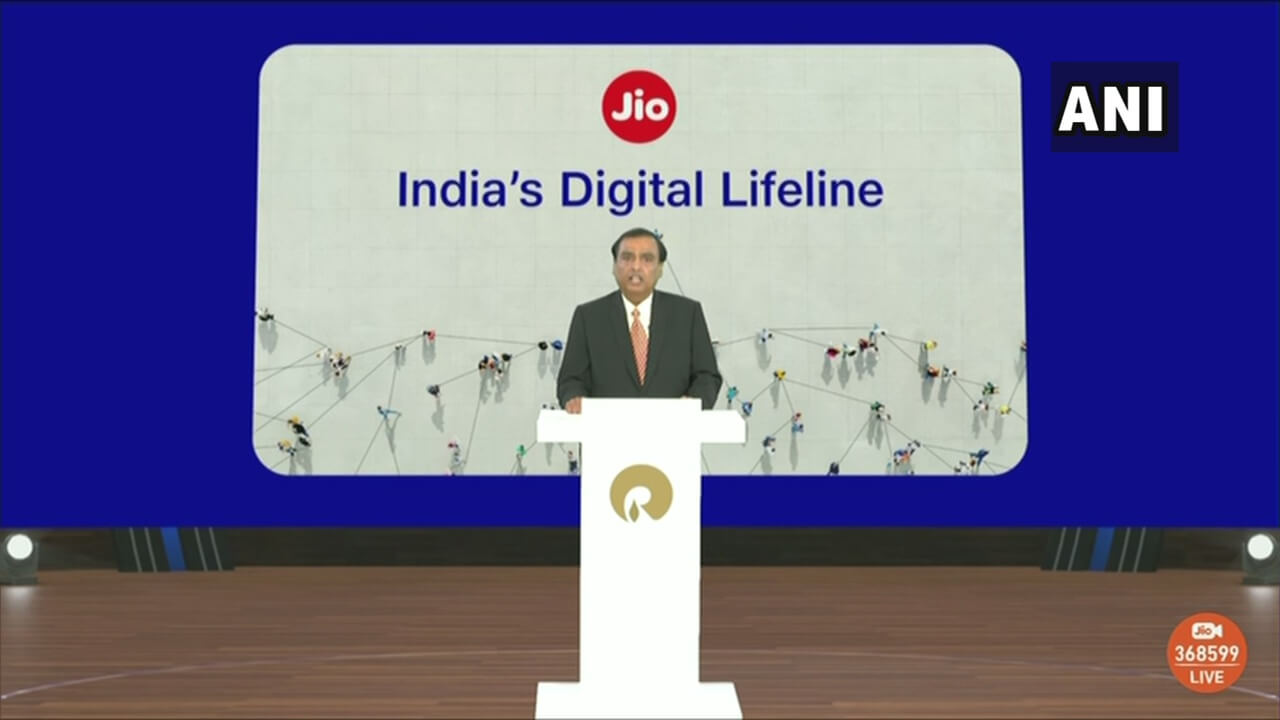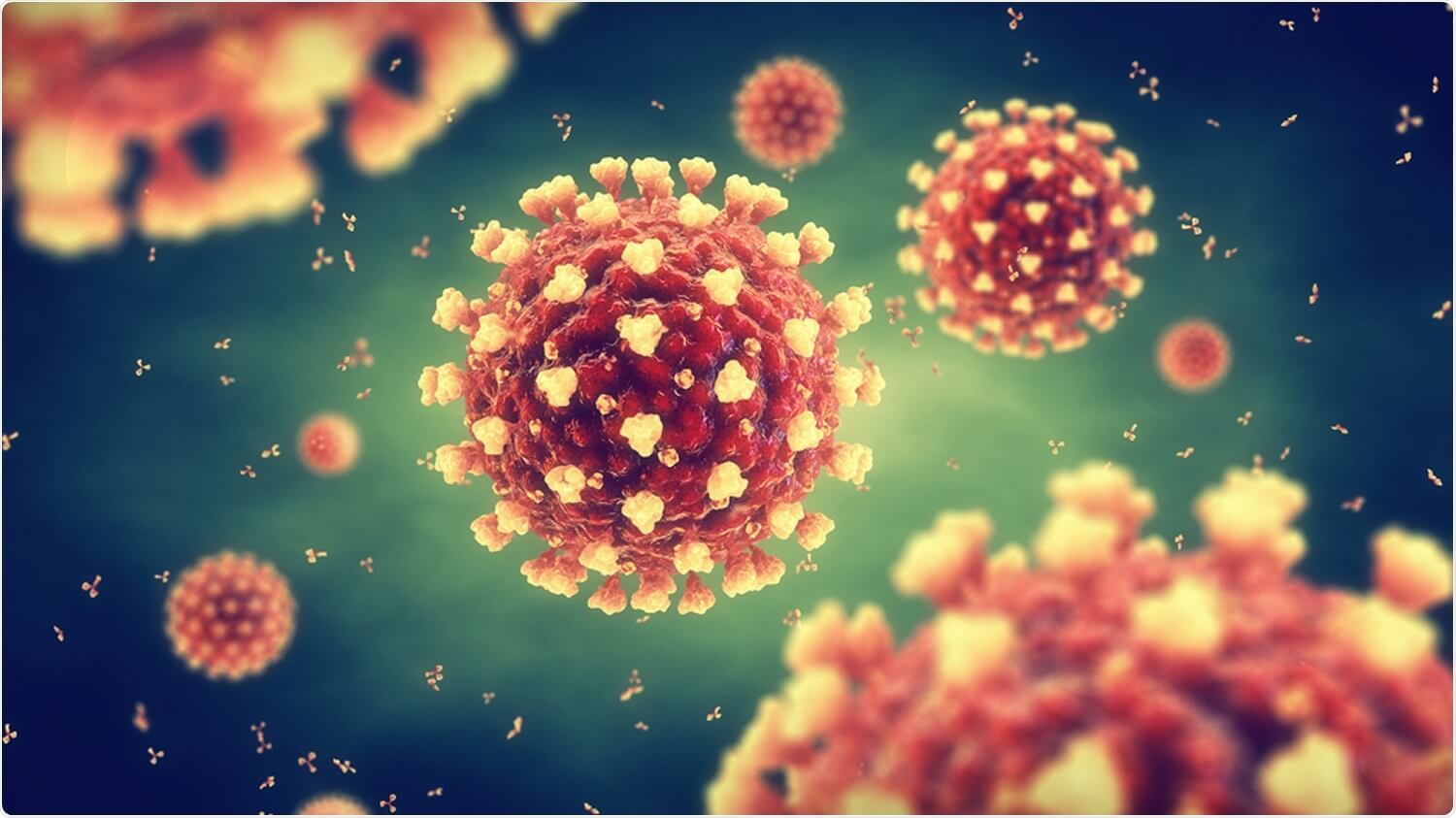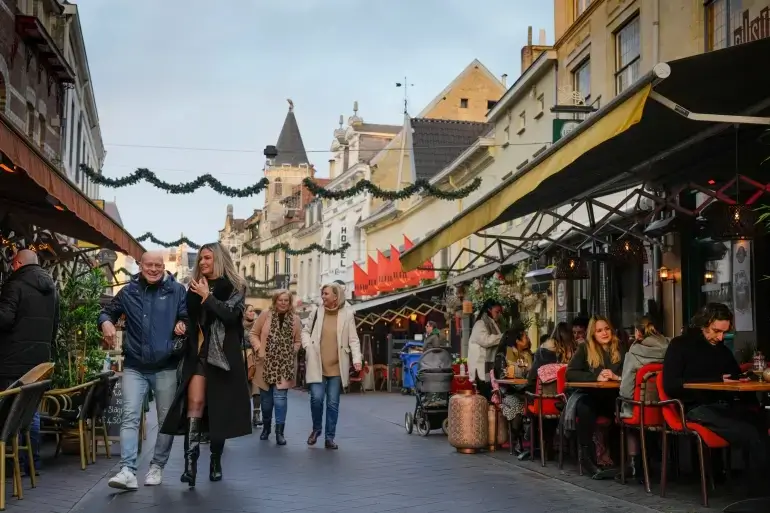25th anniversary special celebration.
The Hague,
Women’s organization Sarita recently celebrated its 25th anniversary.
The organization is committed to improving the position of women in the multicultural society in general and in particular in society in The Hague, where there are now more than 170 nationalities.
The activities of the organization are aimed, among other things, at developing a positive self-image of women and encouraging them to participate actively in social and economic life.
For example, educational, social and cultural meetings are organised, as well as management training and awareness-raising activities. The Hindi word Sarita means a fast-flowing river.
Just like a river provides people, animals and plants with water, the foundation’s mission is to offer help to anyone who needs it.

No women’s emancipation without men.
Started in the 1990s as an organization for social counseling of Hindustani women, Sarita has developed over the years into a fully-fledged partner organization in The Hague that has put itself on the map by, among other things, being a trendsetter. in discussing taboo subjects such as domestic violence (including against men), men’s emancipation, sexual diversity (LGBTI) and empowerment of seniors.
From the beginning Sarita realized that there can be no women’s emancipation without involving the men as well.
They are therefore always consciously invited to participate. There are also increasing contacts with other cultural groups in order to learn from each other.
In 2017 Sarita received an honorable mention from the jury of the Kartini Prize for her special contribution to promoting an equal position and equal participation of men and women in The Hague.
For the inclusive approach, Sarita’s chairman as a bridge builder to diverse cultures was nominated in 2010 for the Humanistic Prize Haaglanden. The organization also received the Hague Quality Mark for Volunteer Organizations twice.
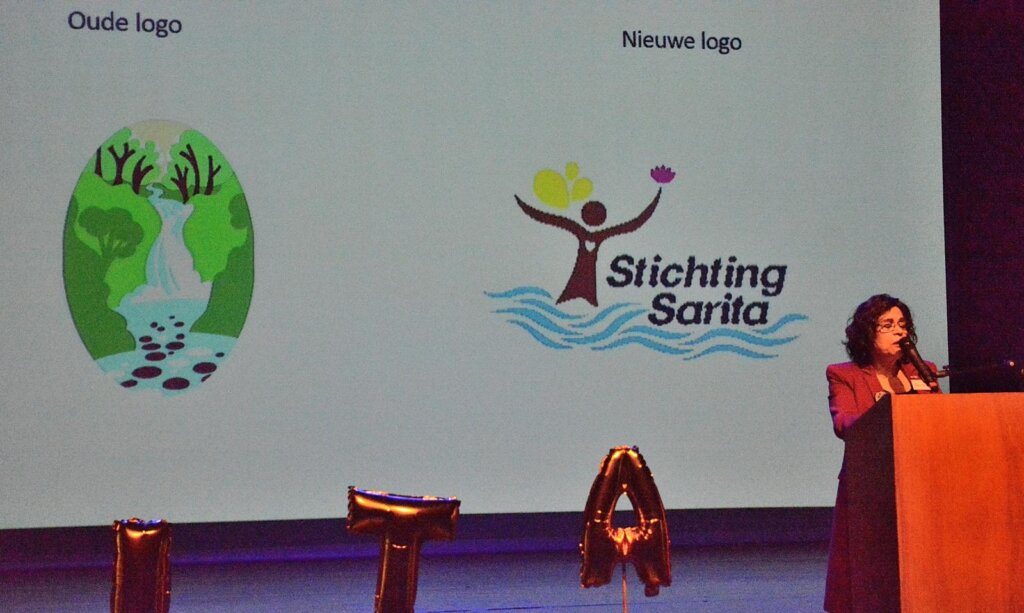
This is a recognition that the volunteer policy is in order and that volunteers carry out their tasks with enthusiasm and that their efforts are thus optimally used. For the inclusive approach, Sarita’s chairman as a bridge builder to diverse cultures was nominated in 2010 for the Humanistic Prize Haaglanden.
The organization also received the Hague Quality Mark for Volunteer Organizations twice. This is a recognition that the volunteer policy is in order and that volunteers carry out their tasks with enthusiasm and that their efforts are thus optimally used.
For the inclusive approach, Sarita’s chairman as a bridge builder to diverse cultures was nominated in 2010 for the Humanistic Prize Haaglanden. The organization also received the Hague Quality Mark for Volunteer Organizations twice.
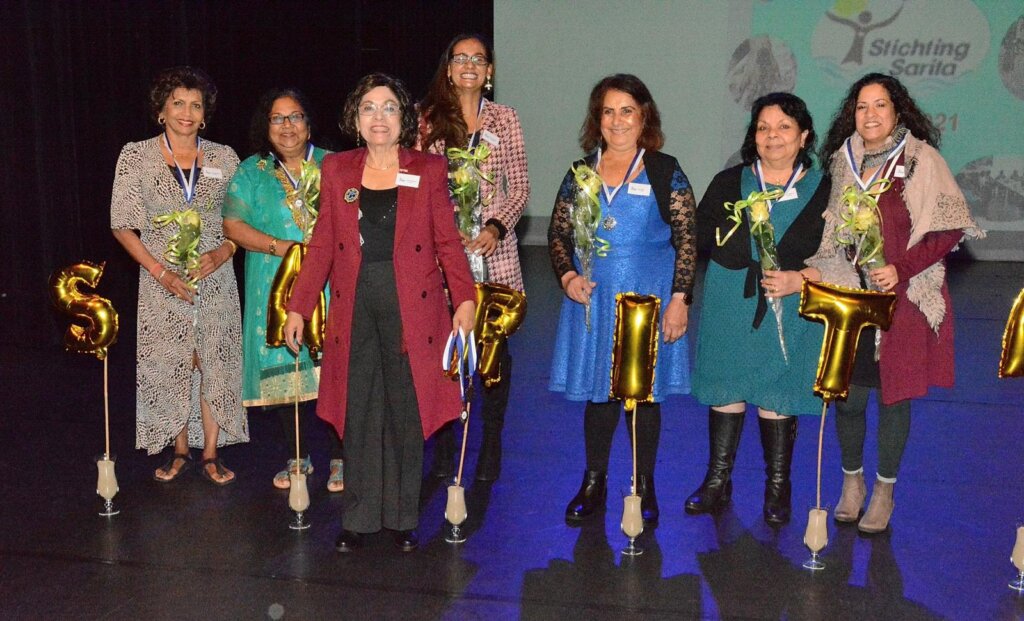
This is a recognition that the volunteer policy is in order and that volunteers carry out their tasks with enthusiasm and that their efforts are thus optimally used.
How it started
The driving force behind Sarita is chairman Henna Mathura-Dewkinandan, who has received various prizes for her efforts in the past period, such as the Special Hague Pin, the Hilda van Suylenburg prize, Shakti Award, and was also awarded a royal knighthood in the Order of Orange-Nassau.
She saw the great disadvantages of Hindustani who ended up in The Hague in the 1970s during the major move from Suriname to the Netherlands.
Especially those who came from the Surinamese countryside were barely literate and had to receive social support. They had to learn to speak and read the Dutch language and to familiarize themselves with the regulations and the norms and values of the new home country.

At that time Mathura worked in the Schilderswijk in The Hague as a teacher, confidential counselor and school contact for Surinamese and Antillean children.
The parents, especially the mothers, came to the office with their own problems: financial problems, problems with the upbringing of the children, the culture shock they had to deal with.
As a result, the children did not receive the necessary attention, so that they could not participate properly in the classroom.
Mathura developed programs for the children and the parents, so that they could work at their own level. They were also informed about the education system, the parents’ council and the participation council and were motivated to participate actively.
She also organized training courses for the parents on raising primary school children, assertiveness, language lessons and homework support.
She and some friends decided to start a women’s working group together and within a few weeks fifteen women were in counseling.
As a result of the discussions with the women, the working group organized meetings on social and educational themes, such as parenting in two cultures, communication in the family, sexual harassment, choice of partner, domestic violence (physical and psychological).
Educational trips were also made to the municipal institutions, museums and cinema. And short trips by train, tram and bus taught them how public transport worked. Further programs and training courses were developed together with an agoog.
After six months, the agency’s contract expired, but before he left, he wanted a name for the workgroup and asked everyone to come up with an appropriate name. Mathura recalled a dialogue during her Hindi lessons between Sar and Sarita, where Sar remarked that Sarita – as a fast-flowing river – is always supplied with water and never stands still.

‘You do a good job, because you provide everyone and everything with water. I can’t, because if I run dry, I can’t do anything anymore.’
When Mathura suggested the name Sarita with the explanation, everyone in the working group thought that was the right name. In order to be able to organize Sarita better, the members of the working group followed board training and training courses on the difference between foundation and association, tasks of the board and volunteers, etcetera.
This is how Sarita Women’s Organization was founded in 1990 and officially registered as a foundation in 1994 with board members Henna Mathura-Dewkinandan (chairman), Dharmawatie Ghisai (secretary), Sarodjenie Ramkisorsing (treasurer) and Santa Garib (member).

Due to circumstances, the celebration of the 25th anniversary could not take place in 2019 and eventually took place on October 31, 2021.
Mathura and Garib are still pillars of the organization as chairman and secretary.
New challenges
Much has been achieved in the past period. Meanwhile, the Hindustani community has also undergone considerable development.
That is not to say that all problems have been solved and that women no longer need guidance.
Think of domestic violence, security,low wages and overload.
Every woman develops in her own way and invests at her own pace in the skills she is interested in. Sarita will therefore continue to invest in the power of women.
Women’s and men’s emancipation need permanent attention. With the rise of digital and social media, Sarita has made an effort to teach seniors how to use the internet, email, tablet and smartphone, Facebook, WhatsApp, video calls and the like.
This opens up a world for them with virtual friends, while also being able to have regular contact with the children and grandchildren. In this time of corona it is extra important that the elderly do not become isolated.
In the coming period, Sarita will pay more attention to new themes such as climate change and sustainability, in particular the energy transition, switching off from gas and using other energy sources.

In addition, diversity and inclusion remain important areas for attention.

